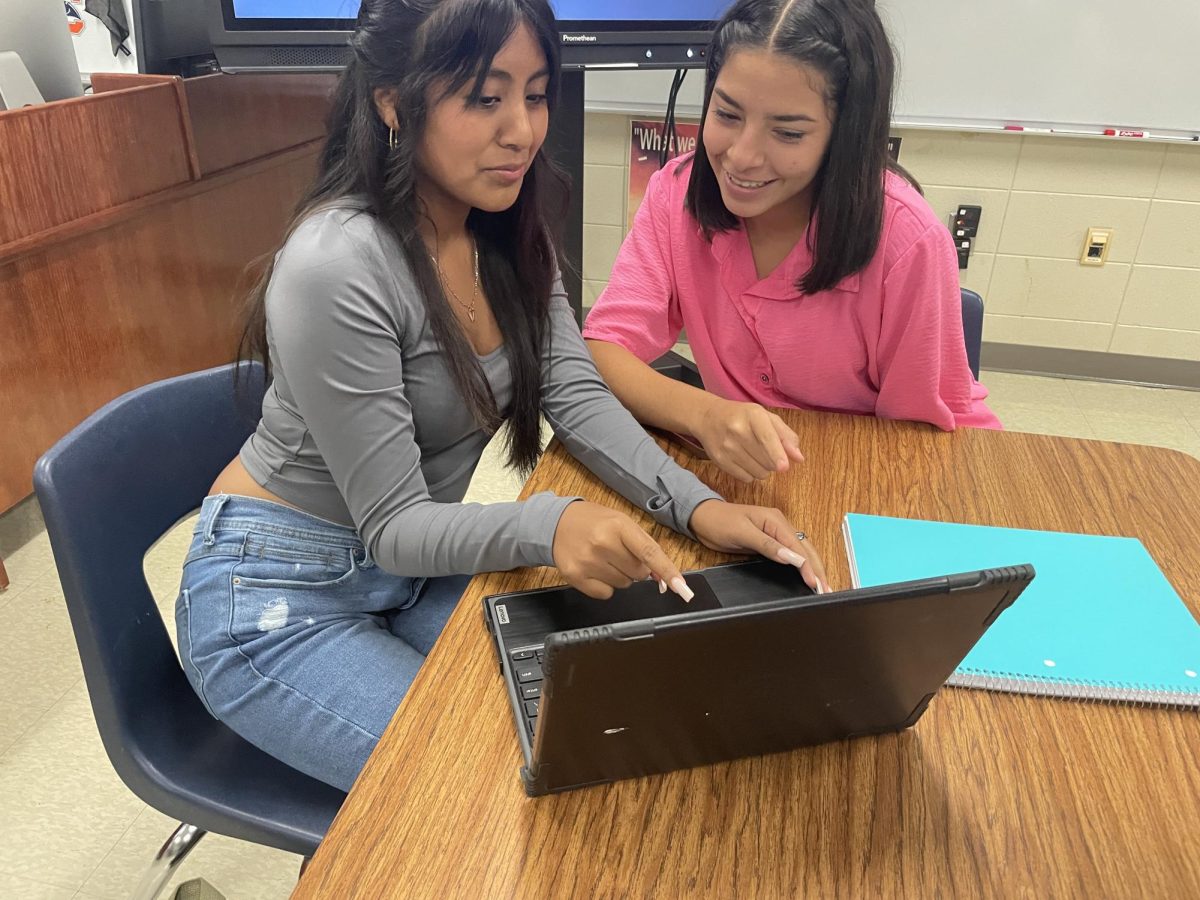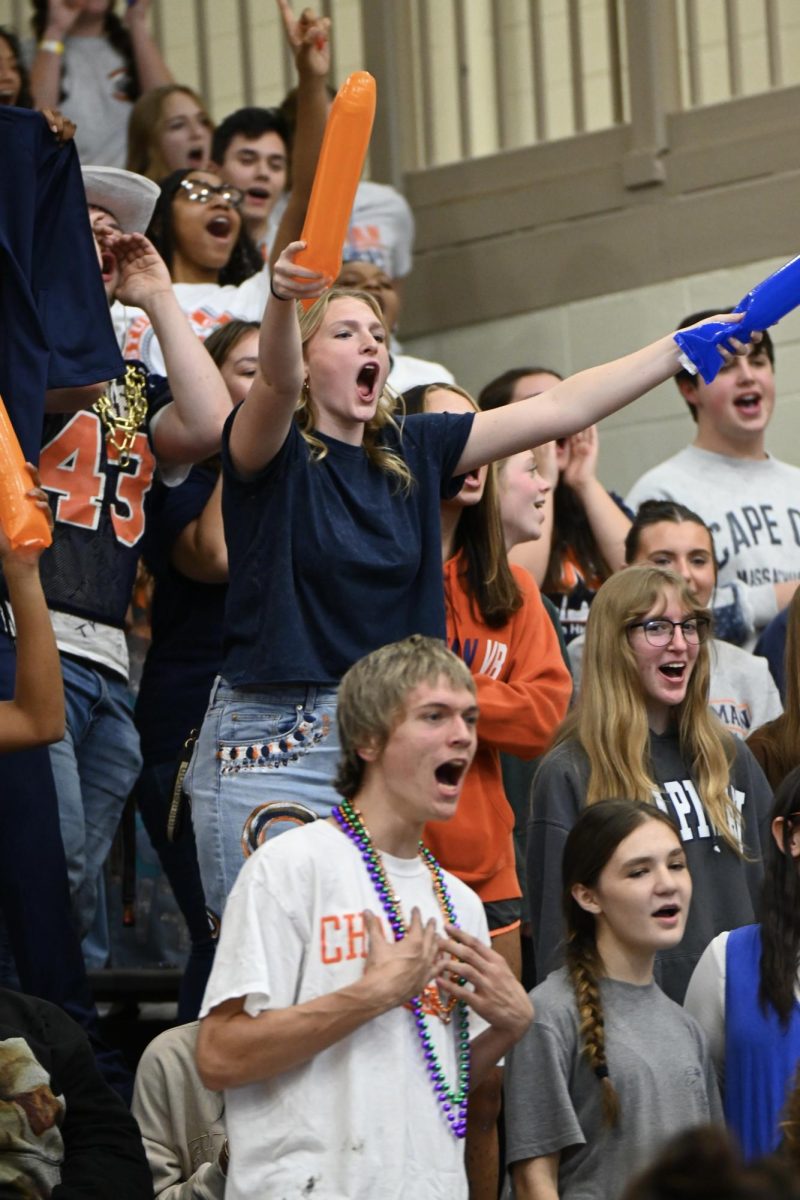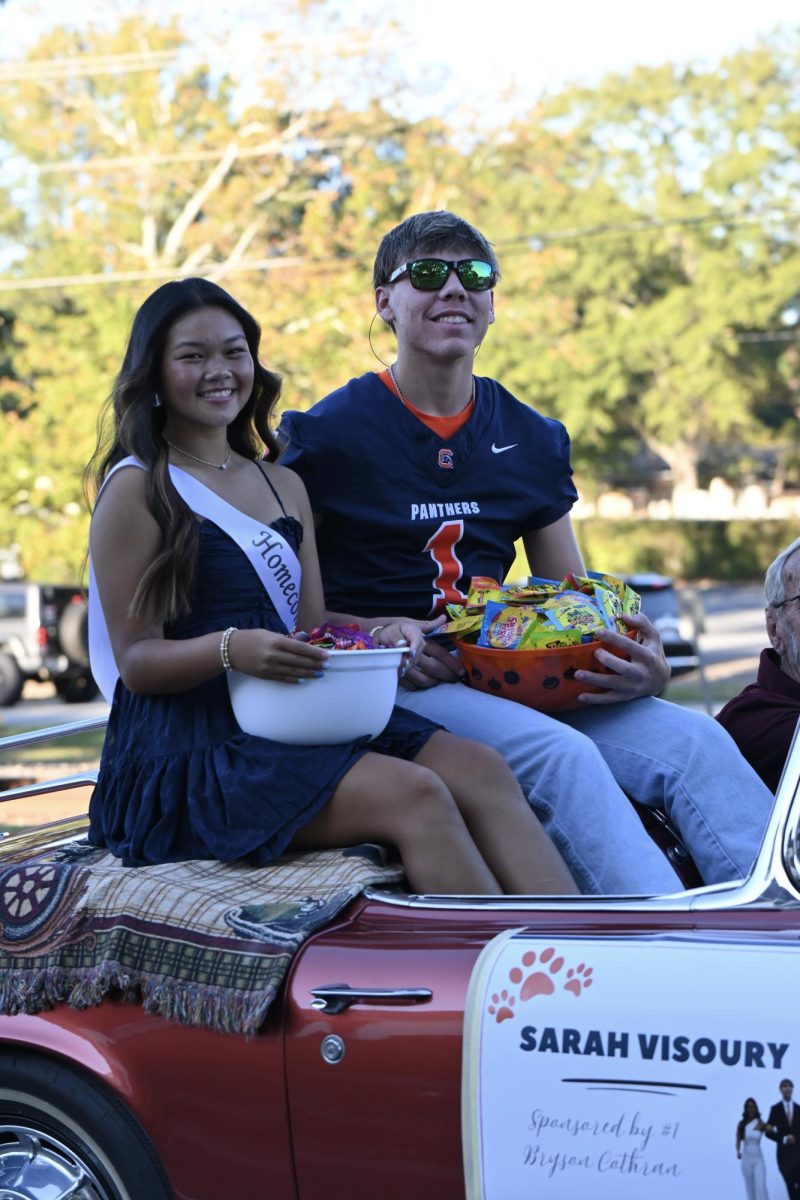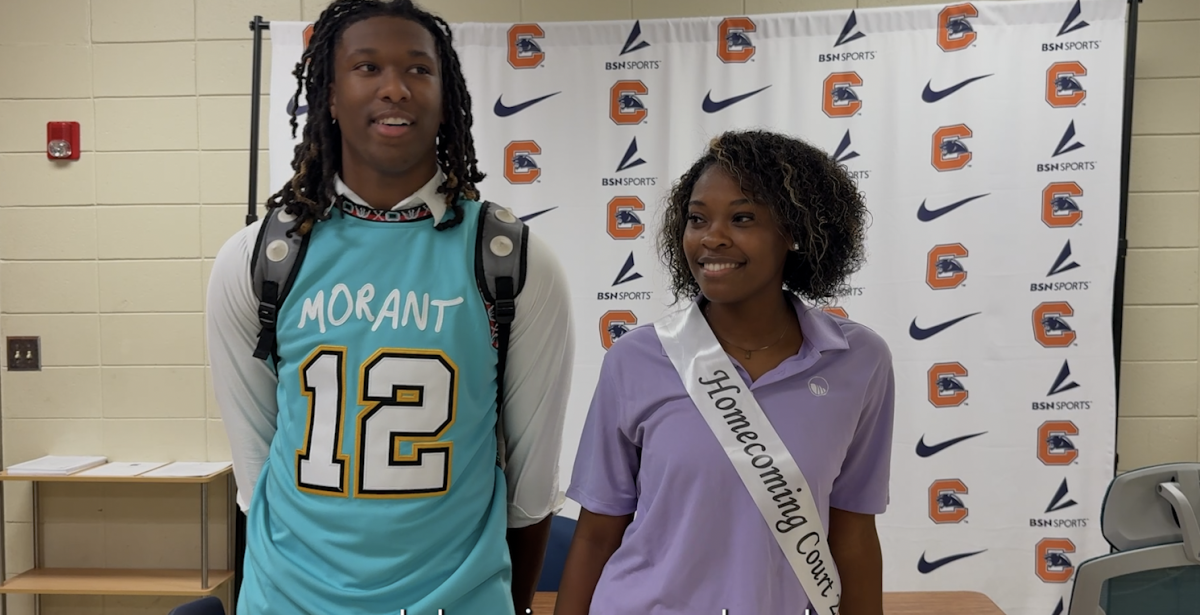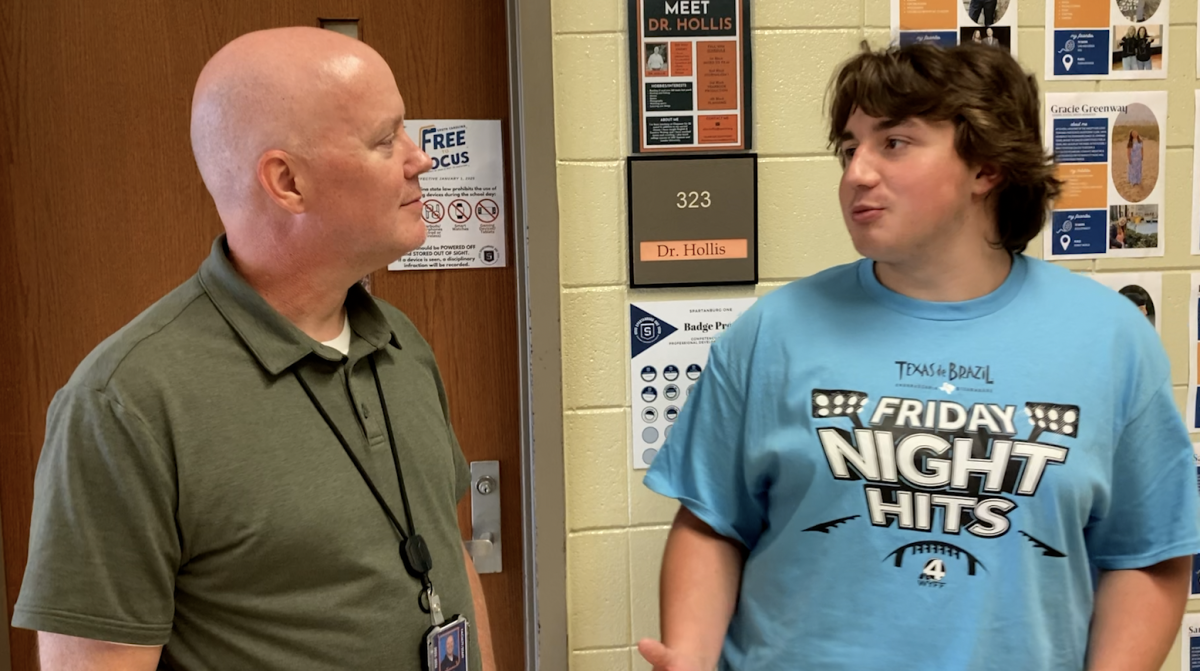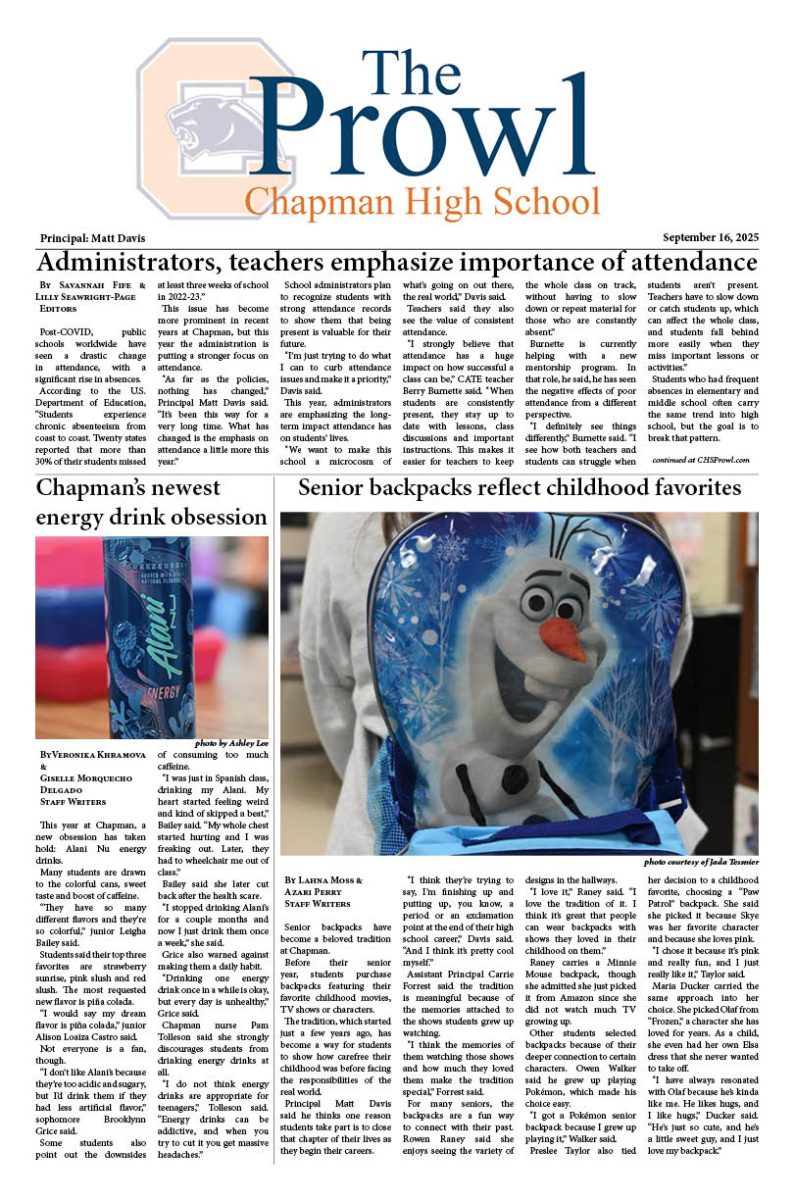Chapman has over 100 students who are considered multilingual learners.
This number has greatly increased due to the war in Ukraine and how multiple organizations, such as World Relief and The Lutheran Service, help to bring families to the area.
Ella Fortin is the Multilingual Learner Program Specialist who helps these students get the best education they can.
“First, we make sure they have all of the supplies that they need,” she said. “If we can, (we) get transcripts so that way they are taking the right classes, and we work to teach them how to use the computers, and translate stuff. We also work with teachers so they know how to meet the needs of their students.”
Some students arrive at Chapman speaking little-to-no English, and that presents a set of challenges in English-speaking classrooms.
To help students with what can be a difficult transition, Fortin tries to pair new students with another student who can speak their language.
These students help translate teachers’ instructions and classroom procedures as well as help with making friendships and connections.
“There’s really not a process,” Fortin said. “It’s just students who speak the same language, and it depends on how much they want to help.”
One of the helpers is sophomore Valeria Rojas-Dominguez.
Rojas-Dominguez said that she sees the role as an opportunity to help not only academically but socially as well.
“I try to make (the students) communicate with other people because sometimes I’m not here, and I want them to feel more welcomed,” said Rojas-Dominguez.
Being a helper for students who have struggled to speak English comes with many awards that are not just a medal or plaque.
“(One of the rewards is) that they start to understand, and they are starting to understand the work,” said Rojas-Dominguez.
Freshman Natalia Beimanova said that she enjoys being able to help.
“(I like knowing) that they feel better, and that they do not feel like I failed them on the first day,” said Beimanova.
In addition to the excitement and joy, the students tasked with helping can feel a sense of nervousness.
“Sometimes (I get nervous talking to other students), but I try to talk more and make them feel comfortable,” Beimanova said. “I don’t like the feeling when you don’t understand other languages. It’s so bad.”

